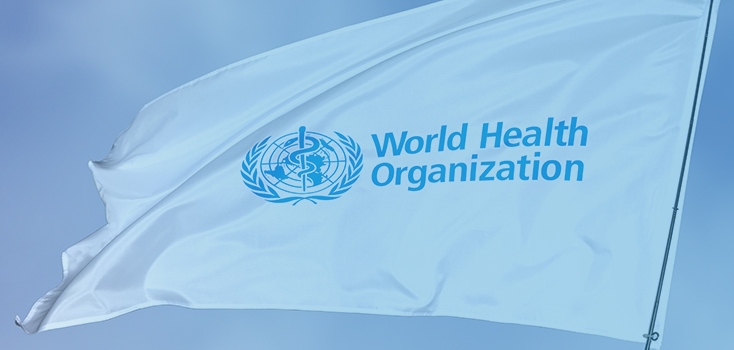UN Warns Aid Cuts Threaten Decades of Progress in Maternal Health
Recent reductions in international aid budgets are jeopardizing significant progress made in reducing maternal mortality rates worldwide, according to a report by United Nations agencies, including the World Health Organization (WHO).
Impact of Aid Reductions on Maternal Health
Between 2000 and 2023, global maternal deaths declined by 40%, primarily due to improved access to essential health services. However, this trend is at risk of reversal due to recent funding cuts by major donors such as the United States and the United Kingdom. These reductions have led to the closure of clinics, layoffs of healthcare staff, and disruptions in the supply of vital medicines, particularly in conflict-affected regions where pregnant women face heightened risks.
Consequences of Funding Cuts
The WHO has highlighted that these aid cuts are already rolling back vital services for maternal, newborn, and child health in many countries. The reductions have resulted in staff layoffs, facility closures, and shortages of essential treatments for conditions like hemorrhage and pre-eclampsia. Additionally, cuts to programs addressing malaria and HIV treatment further impact maternal survival rates.
Stagnation in Progress Since 2016
Even before these aid reductions, progress in reducing maternal mortality had been slowing since 2016. In 2023 alone, approximately 260,000 women died from largely preventable complications related to pregnancy and childbirth. The COVID-19 pandemic further exacerbated the crisis, causing an additional 40,000 maternal deaths in 2021.
Urgent Call for Action
The UN emphasizes the need for increased investment in healthcare workers and services to prevent further regression in maternal health outcomes. Addressing the underlying economic challenges and restoring funding for critical healthcare services are essential steps to safeguard the health and lives of women globally.



Comments (0)
No comments yet. Be the first to comment!
Leave a Comment